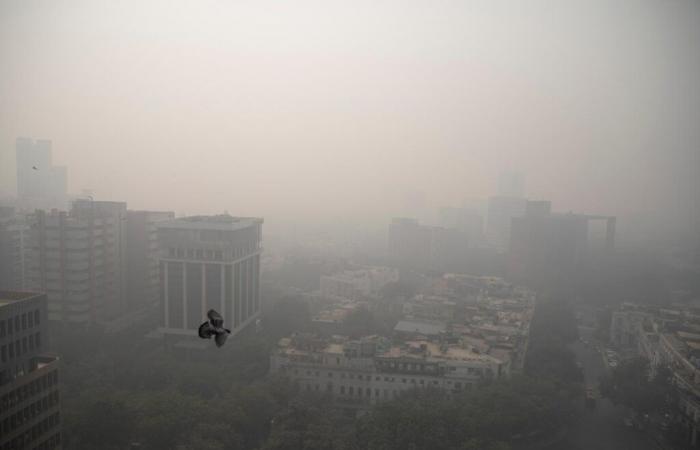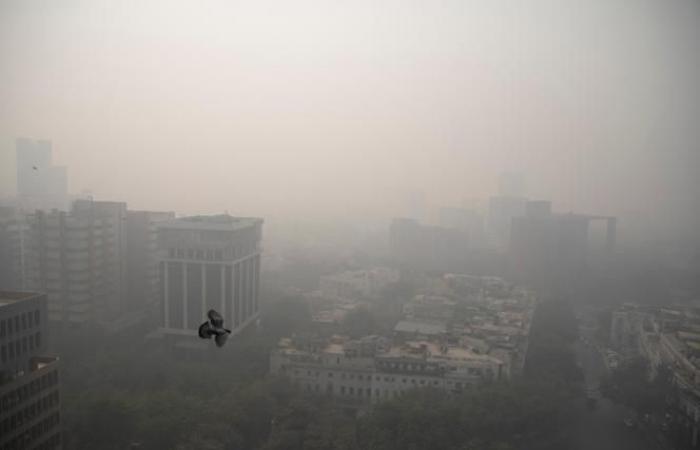Air pollution caused by fires is linked to more than 1.5 million deaths per year worldwide, the vast majority of which occur in developing countries, according to a study covering 2000 to 2019 published Thursday, November 28.
This number of deaths is also expected to increase in the coming years, as climate change makes forest fires more frequent and more intense, indicates the study published in the scientific journal The Lancet.
The international team of researchers examined existing data, both on wildfires raging in nature and on agricultural land burning to clear fields.
From 2000 to 2019, some 450,000 deaths per year from heart disease were linked to air pollution from wildfires, researchers found. And another 220,000 deaths from respiratory illnesses could be attributed to smoke and particles released into the air from the fires.
Read also | Article reserved for our subscribers Air pollution turns into a nightmare in northern India and Pakistan
Read later
Africa, China and India most affected
Worldwide, a total of 1.53 million deaths from all causes were associated with air pollution from fires, the study found. More than 90% of these deaths occurred in low- and middle-income countries, with almost 40% in sub-Saharan Africa alone. The countries with the highest number of deaths are China, the Democratic Republic of Congo, India, Indonesia and Nigeria.
A record number of illegal burning of agricultural fields in northern India is partly responsible for the apocalyptic-looking cloud of pollution, with concentrations of harmful microparticles well above international health standards, which covers the Indian capital.
Read also | Article reserved for our subscribers Toxic river and intense smog: New Delhi plunged into extreme pollution
Read later
The authors of the study call for a “urgent action” to deal with the considerable number of deaths caused by these fires, placing emphasis on “climate injustice” experienced by poor countries.
Additionally, ways to avoid fire smoke – moving away from the most polluted area, using air purifiers and masks, staying indoors – are not available to people in poorer countries , emphasized the researchers. The latter therefore call for more financial and technological support for the populations of the hardest hit countries.
Newsletter
“Human warmth”
How to face the climate challenge? Every week, our best articles on the subject
Register
The study comes a week after UN climate talks, where delegates agreed to an increase in climate finance deemed insufficient by developing countries, and after a state of national emergency declared by Ecuador, following forest fires which razed more than 10,000 hectares in the south of the country.
Read also | Article reserved for our subscribers At COP29, an agreement with a very bitter taste for the countries of the South
Read later







